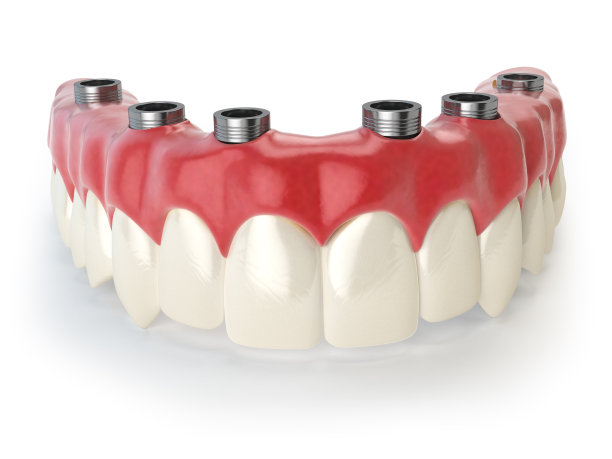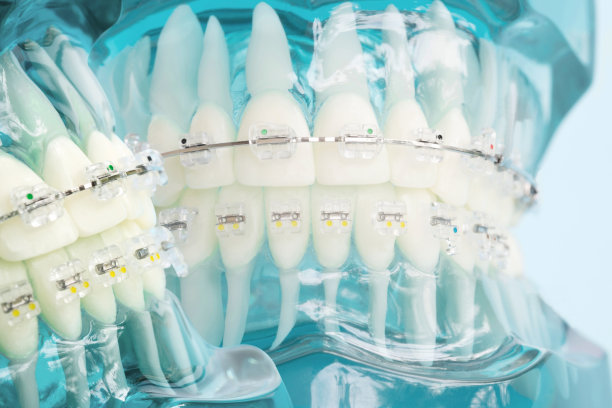Summary: Dental fillings are a common procedure aimed at restoring the integrity and function of teeth affected by cavities or damage. While these fillings provide immediate relief from dental issues, proper care post-procedure is crucial to ensure their longevity and effectiveness. This article outlines essential guidelines in four key areas: oral hygiene practices, dietary considerations, regular dental check-ups, and understanding potential complications. By adhering to these guidelines, patients can enhance the durability of their dental fillings and maintain excellent oral health.
1. Maintain Excellent Oral Hygiene Practices

One of the most effective ways to ensure the longevity of dental fillings is through diligent oral hygiene. After receiving a dental filling, it is vital to continue a routine of brushing at least twice a day and flossing daily. This routine helps eliminate plaque buildup on and around the filling, preventing decay that could compromise the fillings integrity.
Using a soft-bristled toothbrush is advisable, as it gently cleans the area without causing irritation or damage. Moreover, incorporating fluoride toothpaste can further bolster tooth enamel, which is particularly beneficial for newly filled teeth. Between brushing sessions, consider rinsing with an antimicrobial mouthwash to reduce bacteria levels in the mouth.
Regular dental cleanings and check-ups are also essential elements of oral hygiene. These professional services ensure that your teeth and gums remain healthy, providing your dentist with the opportunity to monitor the condition of the fillings and recommend additional care when necessary.
2. Be Mindful of Dietary Considerations
Your diet plays a vital role in the health of your dental fillings. After a dental filling procedure, it is advisable to avoid very hot or cold foods immediately to prevent sensitivity. Instead, opt for lukewarm meals and beverages, giving your teeth time to adjust to the filling material.
Sugar-sweetened foods and drinks should be limited, as they can lead to further decay. If you do consume sugary foods, try to brush your teeth soon after to minimize the risks. Additionally, hard or sticky candies should be avoided, as they may put pressure on the fillings and lead to cracks or dislodgement.
Incorporating calcium-rich foods, such as dairy products and leafy greens, can help strengthen your teeth and gums. Staying well-hydrated by drinking water throughout the day also promotes saliva production, which aids in naturally cleaning your teeth and neutralizing harmful acids.
3. Schedule Regular Dental Check-Ups
Regular dental visits are imperative for maintaining the longevity of dental fillings and overall oral health. By attending dental check-ups every six months or as recommended by your dentist, potential issues can be identified early. This proactive approach can prevent fillings from deteriorating or requiring replacement sooner than necessary.
During these visits, your dentist will evaluate the condition of your fillings, checking for signs of wear or damage. If any issues are detected, your dentist can provide recommendations or corrective treatments, such as repair or replacement of the filling, to ensure ongoing dental health.
Moreover, these appointments often include professional cleanings, which are essential in removing tartar buildup that regular brushing may miss. Keeping your oral environment clean and well-maintained through these visits contributes significantly to the success and lifespan of dental fillings.
4. Understand Potential Complications and Signs
While dental fillings are generally durable, being aware of possible complications is crucial for prompt action. After your dental filling procedure, it is essential to monitor for any signs of discomfort or changes. Experiencing pain or sensitivity when biting could indicate that the filling is too high or improperly placed, requiring immediate attention from your dentist.
Other signs, such as discoloration around the filling, persistent pain, or a feeling of pressure, may signal that the filling is compromised. If any of these symptoms arise, seeking prompt professional evaluation is critical to avoid further complications, such as decay or infection.
Understanding the materials used in your fillings—whether amalgam, composite, or another substance—can also aid in recognizing any specific concerns related to that material. Each type has different longevity and maintenance needs, making it essential to follow appropriate guidelines for care.
Summary: Proper care following dental filling procedures is necessary to ensure the maximal longevity of these restorations. By focusing on oral hygiene, dietary practices, regular dental visits, and understanding potential complications, patients can significantly enhance the durability of their fillings and overall dental health. Adopting these practices not only benefits the filled teeth but also supports the well-being of the entire oral cavity.
This article is compiled by Vickong Dental and the content is for reference only.
Vickong Dental
Vickong Dental is a large medical group established in Hong Kong in 2008 by professors from well-known medical universities in Guangdong and Hong Kong, as well as medical doctors from key national '985' universities (including Master's supervisors and senior professors). The chain of branches brings together expert dentists with PhDs and Master's degrees from Hong Kong and Mainland China, committed to providing high-quality dental treatment.
"Vickong Dental Practices the University Motto of 'Healing and Serving Society,' with a Stable Operation for Sixteen Years. It Has Been honored with Hong Kong Enterprise Leaders's Choice,' and is a Global Trusted Implant Center for the Nobel Implant System. Recommended by Hong Kong Metro Broadcast and Guangdong Television, it Serves Customers from Over Thirty Countries and Regions, Gaining the Trust and Favor of Citizens from the Guangdong-Hong Kong-Macau Greater Bay Area and Surrounding Cities.

Thousands of customers' unanimous praise
The most recognized and highly recommended dental service by customers in the Guangdong-Hong Kong-Macau Greater Bay Area
We Ensure You Receive Detailed Care and Attention Here
Hong Kong standards, Shenzhen prices, Your Trusted English-speaking dentists

Vickong Dental Medical-Grade Instrument Disinfection Process
Vickong Dental Medical-Grade Instrument Disinfection Process

Vickong Dental Chain: A Warm and Comfortable Environment for Treatment






Appointment Hours

Q&A
Why choose Vickong Dental?
Vickong Dental practices the university motto 「Medicine to Benefit Society」, with each branch bringing together highly qualified dentists with doctoral and master’s degrees from Hong Kong and the Mainland, and has maintained seventeen years of steady operation。Recipient of 「2024 Hong Kong Enterprise Leaders Brand」, 「2025 Hong Kong Enterprise Leaders Brand」, a Nobel Biocare Global Trusted Implant Center, and a brand recommended by Metro Radio Hong Kong and Guangdong TV。
To date, we have served customers from more than thirty countries and regions,earning exceptionally high word-of-mouth recognition and trusted recommendations from residents across the Guangdong-Hong Kong-Macao Greater Bay Area and surrounding cities
We have eight major branches in Zhuhai、Shenzhen,and a consultation and service assurance center in Hong Kong,so you can book a free consultation at any time for any questions,which is very reassuring.
If I do not accept the quotation after the CT scan, will I be charged??
No! As long as the actual treatment has not started, you will not be charged any fees.
Will there be any additional charges during the treatment process?
No, there won’t be any additional charges. Before treatment begins, we will clearly explain the treatment plan and its corresponding fees. Only after the patient agrees and signs the consent form will we proceed with the dental service.
Can I pay in Hong Kong dollars?
Yes. Vickong Dental accepts payment in Hong Kong dollars. The amount will be converted based on the exchange rate of the day, and the applicable rate will be clearly communicated to you in advance.
Can I reschedule my appointment at any time?
Yes. Please contact us via **WeChat** or **WhatsApp** as early as possible, providing your original appointment time and details, along with your preferred new date and time slot for rescheduling.













